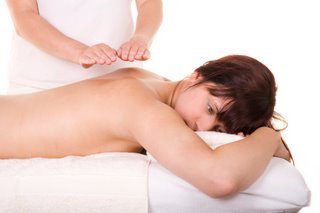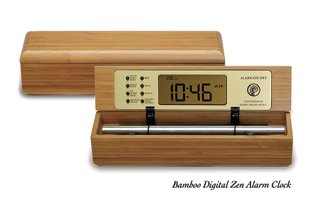
Reiki Treatment
Reiki, a Japanese healing treatment, quiets the body and spirit by tapping into a “life force.”
“Universal life energy” is what Reiki (pronounced RAY-kee) means in Japanese. Reiki practitioners use this energy-the subtle vibrational force that surrounds and permeates every living thing- to enhance and balance the body, says Susan Mitchell, a Reiki master and owner of Reiki Healing Arts in Coeur d’Alene, Idaho. “The practitioner acts as a conduit,” explains Beth White, a Reiki master in New York City. “During a session, the energy flows through the practitioner’s hands and you absorb it on a physical, mental, emotional, and spiritual level.” The result? A feeling of meditative peace.
Evidence
Reiki originated in Japan in the 1920s and was brought to the United States in the 1930s by Hawayo Takata, a Japanese-American. Although the studies of Reiki thus far have been small (five larger ones sponsored by the National Institutes of Health are under way), they indicate-as does strong anecdotal evidence-that the method is effective at reducing pain, anxiety, and stress, and increasing a sense of wellbeing. A study published last year in Integrative Cancer Therapies compared the effects of Reiki treatments with the effects of rest on fatigue, pain, anxiety, and overall quality of life in 16 cancer patients. Researchers found that the individuals who received Reiki experienced increases in quality of life and decreases in fatigue, changes that were not seen with rest alone.
Pamela Miles, a Reiki master in New York City and author of Reiki: A Comprehensive Guide (Tarcher, 2006), says the physiological changes seen following a Reiki session include a healthy decrease in heart rate and blood pressure and an increase in salivary immune hormones. “Reiki can help make your body’s self healing mechanism more effective,” she says. “Universal life energy” is what Reiki (pronounced RAY-kee) means in Japanese. Reiki practitioners use this energy-the subtle vibrational force that surrounds and permeates every living thing- to enhance and balance the body, says Susan Mitchell, a Reiki master and owner of Reiki Healing Arts in Coeur d’Alene, Idaho. “The practitioner acts as a conduit,” explains Beth White, a Reiki master in New York City. “During a session, the energy flows through the practitioner’s hands and you absorb it on a physical, mental, emotional, and spiritual level.” The result? A feeling of meditative peace.

Reiki
Evidence
Reiki originated in Japan in the 1920s and was brought to the United States in the 1930s by Hawayo Takata, a Japanese-American. Although the studies of Reiki thus far have been small (five larger ones sponsored by the National Institutes of Health are under way), they indicate-as does strong anecdotal evidence-that the method is effective at reducing pain, anxiety, and stress, and increasing a sense of wellbeing. A study published last year in Integrative Cancer Therapies compared the effects of Reiki treatments with the effects of rest on fatigue, pain, anxiety, and overall quality of life in 16 cancer patients. Researchers found that the individuals who received Reiki experienced increases in quality of life and decreases in fatigue, changes that were not seen with rest alone.
Pamela Miles, a Reiki master in New York City and author of Reiki: A Comprehensive Guide (Tarcher, 2006), says the physiological changes seen following a Reiki session include a healthy decrease in heart rate and blood pressure and an increase in salivary immune hormones. “Reiki can help make your body’s self healing mechanism more effective,” she says.
A typical session
During a Reiki treatment, you lie down on a massage table while the practitioner places her hands in various positions on your head, throat, and front and back torso. (Clients are fully clothed, unless Reiki is used in combination with another treatment like a massage.) You may enter a state of deep relaxation. Many people report seeing colors and moving shapes, sensing pulsations, and feeling hot or cold. In many cases, though, the result is improved energy and a sense of wellbeing. “I go into what feels like a deep sleep,” says Spiegler, “and an hour later I ‘wake up,’ feeling totally rejuvenated.”
adapted from Natural Health Magazine, August 2008 by Susan Hayes

Bamboo Digital Chime Clock, a Reiki Timer and Clock
Now & Zen
1638 Pearl Street
Boulder, CO 80302
(800) 779-6383
Posted in Bamboo Chime Clocks, Chime Alarm Clocks, intention, Japanese Inspired Zen Clocks, mindfulness practice, Now & Zen Alarm Clocks, Well-being